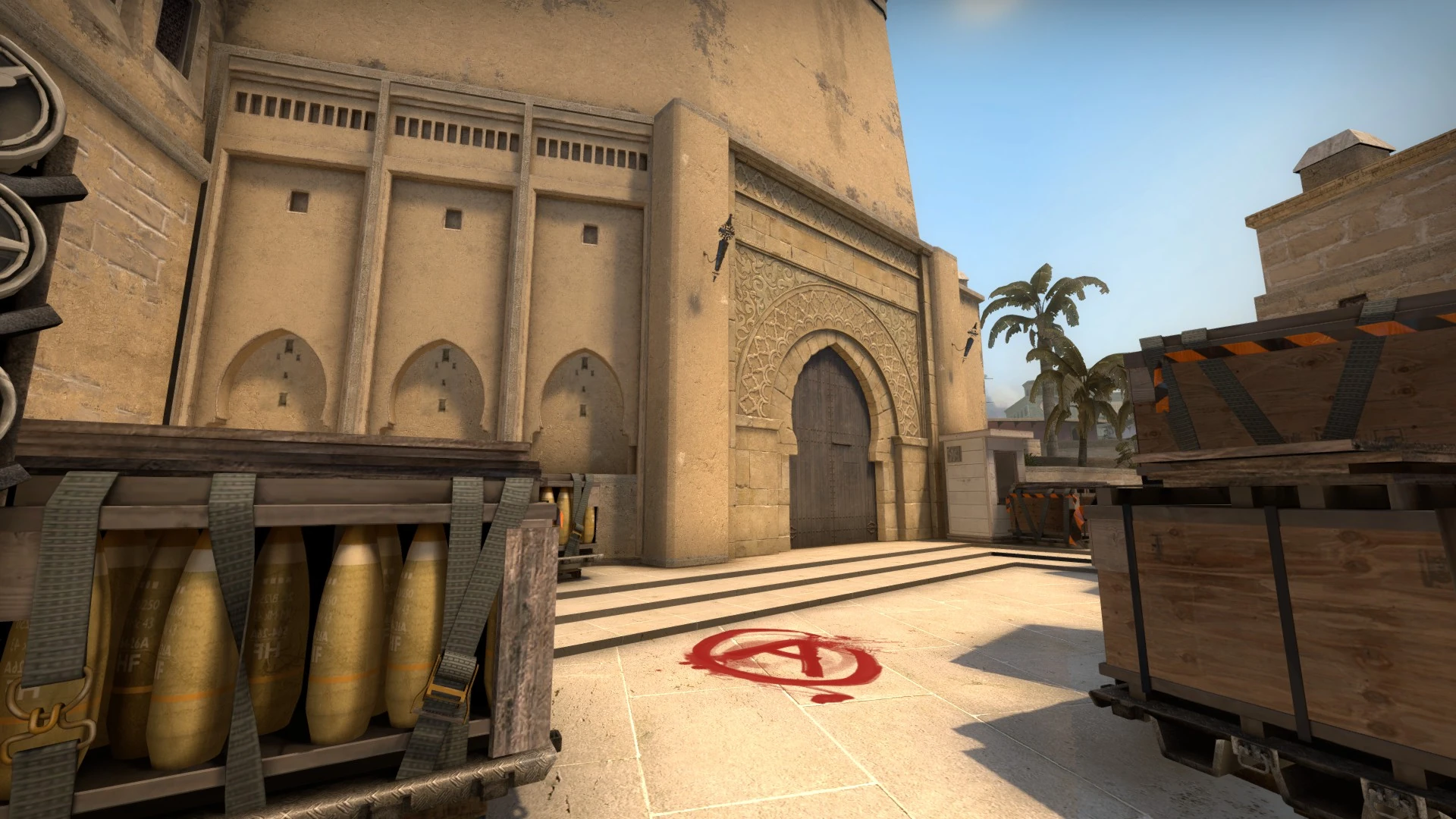The Insight Hub
Your go-to source for the latest insights and news across various topics.
Conquering Mirage: Tips and Tricks to Outsmart Your Opponents
Unlock the secrets to winning every game! Discover effective tips and tricks to outsmart your opponents in Conquering Mirage. Don’t miss out!
Mastering Deception: Effective Strategies to Outsmart Rivals
In the fast-paced world of competition, mastering deception can be a powerful tool for those looking to outsmart rivals. It's not just about trickery; it's about strategic thinking and psychological insight. One effective strategy is to create a false narrative that misleads competitors while subtly guiding them towards your desired outcome. By using misdirection, you can control the information that rivals receive, leading them to make decisions that ultimately benefit you. This can be achieved through various means, such as social media manipulation or employing a network of informants that feed deliberately skewed data.
Additionally, effective strategies to outsmart rivals include leveraging psychological tactics. For instance, consider employing the principle of reciprocity, where you do something beneficial for your rival to create a sense of indebtedness. This can be further enhanced by using tactics like feigned incompetence, where you downplay your strengths to throw off competitors, leading them to underestimate your abilities and intentions. Remember, the key to successful deception lies in being subtle; the less your rivals suspect your true motives, the more effective your strategy will be.

Counter-Strike is a popular first-person shooter game that emphasizes teamwork and strategy. Players can immerse themselves in competitive gameplay, and for those looking to improve their skills, how to rank up in csgo can provide valuable tips and strategies. With its dynamic maps and diverse weaponry, the game offers an engaging experience for both casual and hardcore gamers.
The Psychology of Illusion: How to Recognize and Counter Opponent Tactics
The psychology of illusion plays a significant role in understanding how opponents employ tactics to mislead and manipulate. Illusions can create a false sense of reality, making it challenging to identify true intentions. For example, in a competitive environment, an opponent may use deceptive maneuvers that exploit psychological biases, such as overconfidence or premature conclusions. Recognizing these tactics requires not only awareness but also a systematic approach to analyzing patterns in behavior. By staying vigilant and maintaining a critical mindset, individuals can better navigate these psychological traps and mitigate their effects.
Countering opponent tactics effectively begins with developing a deep understanding of the underlying psychological principles at play. One effective strategy involves employing techniques such as mindfulness, which helps to enhance self-awareness and scrutiny of one's own reactions. Additionally, fostering a culture of open communication can further dismantle the illusions propagated by adversaries. Consider using structured methods to evaluate potential tactics, such as
- Conducting regular assessments of interaction patterns.
- Utilizing feedback loops to refine response strategies.
- Practicing scenario planning to anticipate deceptive moves.
By applying these principles, individuals can fortify their defenses against the psychological illusions that often accompany competitive situations.
Top 10 Common Mistakes Players Make and How to Avoid Them
In any competitive sport, players often encounter various challenges that may hinder their performance. Understanding the top 10 common mistakes can significantly improve your game. First and foremost, many players fail to maintain proper warm-up routines, which can lead to injuries and decreased performance. Additionally, neglecting to study their opponents' strategies is a recurring blunder, as it prevents players from effectively adapting their gameplay. Other frequent mistakes include poor communication with teammates and not practicing enough under realistic game conditions.
To avoid these pitfalls, players should create a structured training plan that includes thorough warm-ups and cooldowns to enhance flexibility and reduce injury risk. Analyzing past games to identify opponent patterns can also provide crucial insights. Furthermore, fostering open lines of communication among teammates can create a cohesive unit that performs better under pressure. Finally, engaging in regular practice matches that mimic actual game scenarios will help players refine their skills and become more adaptable on the field or court.